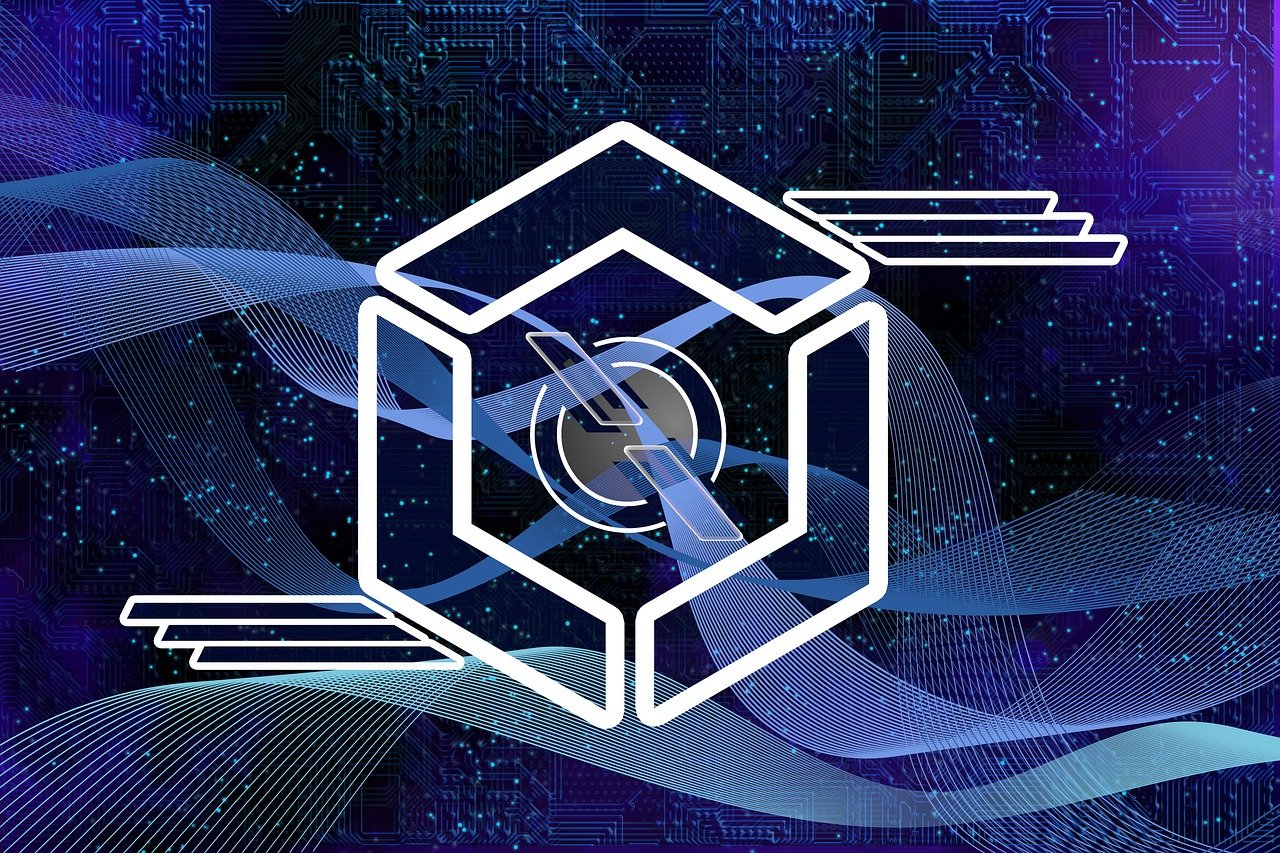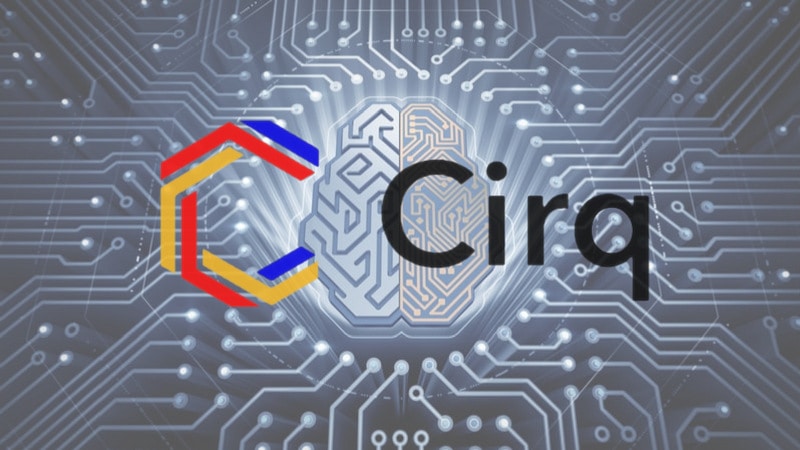The field of software development is about to be revolutionized by quantum computing, which can do things no traditional computer can. With developers starting to delve into this bleeding edge technology, it is important to understand the principles and possible applications so that you can stay relevant in an ever changing tech space. In this article, we will introduce quantum computing for developers and look at what the future holds in this exciting area.
Understanding Quantum Computing
Quantum computing is, at its heart, the use of quantum mechanical principles to process information. Classical computers use bits as the smallest unit of data (representing a 0 or 1) whereas quantum computers use qubits. But Qubits can maintain superposition enabling quantum computers to handle complex calculations unavailable to their classical counterparts. A qubit can be entangled, or share its state with other qubits even over large distances. The unique property of being able to solve particular problems more efficiently than classical systems due to the probabilistic nature of their results.
Programming for Quantum Computers

For someone who’s used to the current development world, moving into quantum computing is a change and you have to learn how to program in these new paradigms and new languages. Several frameworks have emerged to facilitate this transition:
Qiskit: Qiskit is a quantum computer framework developed by IBM using Python that enables developers to write quantum algorithms. It offers libraries for building and simulation of quantum circuits, which is a familiar terrain to Python programmers.
Q#: Microsoft’s Q# is a language for developing quantum algorithms, baked right into classical programming languages like C#. The hybrids which focus on applications that combine quantum and classical computing capabilities are emphasized.
Cirq: Cirq, another Python library, is also developed by Google to create and optimize quantum circuits for Google’s quantum processors. For developers interested in building algorithms that address real world problems, it is particularly helpful.

In addition to making quantum algorithm writing easier, these frameworks also offer the means to simulate and test these algorithms before they are deployed on genuine quantum hardware.
Potential Applications
There are many and varied potential applications of quantum computing. This technology is poised to benefit a number of industries including finance, healthcare, logistics and cryptography. For example:
Cryptography: This opens the potential for quantum computers to break traditional encryption techniques and instigates the need to develop cryptographic techniques resilient to quantum attack.
Drug Discovery: Advance such medicine and break through thanks to quantum computing that can simulate molecular interactions at an unprecedented scale to accelerate drug discovery processes.
Optimization Problems: Quantum algorithms enable solving optimization problems, which are critical for industries dependent on complex optimization problems, such as supply chain management and logistics, much faster than the classical algorithm.
Challenges Ahead
However, there are several things that need to be overcome before quantum computing becomes common place. Error rates of qubit operations are one of the major hurdles. The fact that quantum systems are very sensitive to external environment, causes the calculations to be wrong. Error correction techniques are essential for reliable quantum computation, and robust techniques need to be developed.
Moreover, quantum mechanics is a very steep curve to learn and understand and its implications for programming. In order to become experts, developers will require access to educational resources and hands on experience with quantum systems.
Conclusion
Looking ahead to the future of software development, quantum computing will be a must for developers that wish to stay ahead of the curve. Understanding the fundamental principles of quantum mechanics and getting familiar with programming frameworks such as Qiskit and Q# will help developers get ready for what’s coming. Quantum computing is not just another skill to learn; it’s a journey into a transformative shift that could change how we solve problems in many industries. As we continue to develop this knowledge, and as practical applications become more widespread, those developers who invest in it will be well positioned to lead in the next era of computing innovation.


